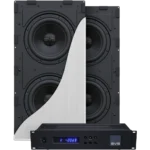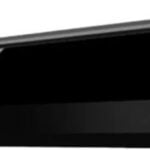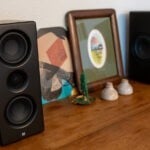james e m
Second Unit
- Joined
- Jun 3, 2001
- Messages
- 497
Sorry, I didn't want to start another thread for this but those of you using knukonceptz, how do you like it? I'm looking at running this in my system, any information would be appreciated!
Thanks,
James
Thanks,
James







